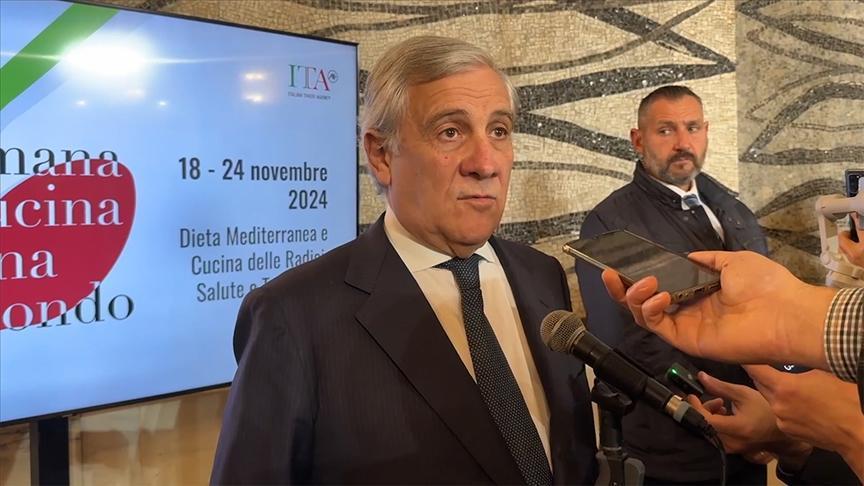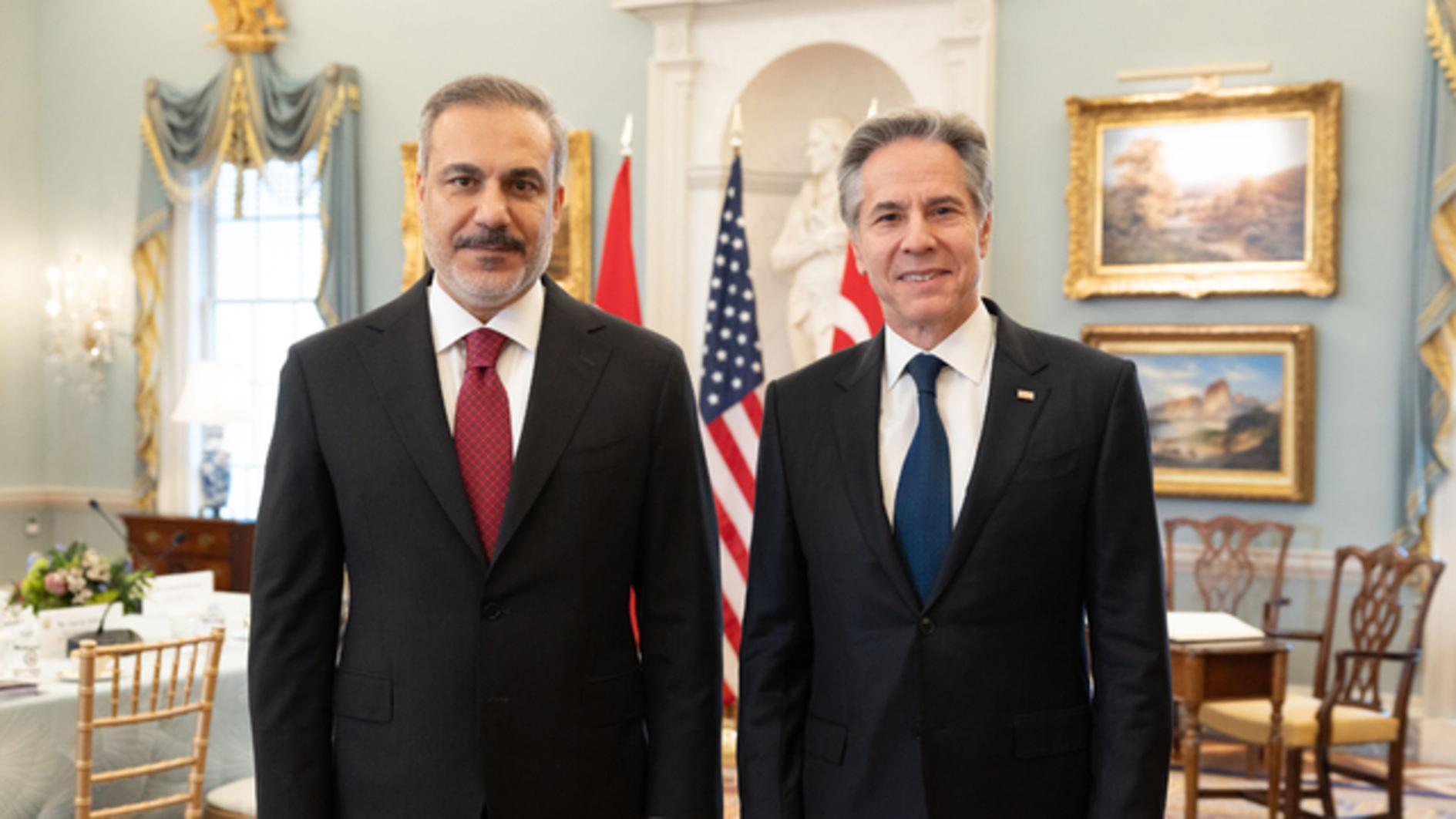Obama weighs ending spying on allies’ leaders
WASHINGTON

A week after reports surfaced that the eavesdropping extended to German Chancellor Merkel’s mobile phone, Obama is under pressure to take steps to reassure Americans and allies. The White House said it will seek to keep intelligence-gathering operations in check and possibly add new restraints. REUTERS photo
Faced with a flood of revelations about U.S. spying practices, the White House is considering ending its eavesdropping on friendly foreign leaders, a senior administration official said.A final decision has not been made and the move is still under review, the official said. But the fact that it is even being considered underscores the level of concern within the administration over the possible damage from the months-long spying scandal, including the most recent disclosure that the National Security Agency (NSA) was monitoring the communications of German Chancellor Angela Merkel.
The White House said it will seek to keep U.S. intelligence-gathering operations in check and possibly add new restraints for more transparency. “There are a number of efforts underway that are designed to increase transparency, to work with Congress to look at reform to the Patriot Act (and) to look at ways we can increase oversight and increase constraint on the authorities provided by these programs,” presidential spokesman Jay Carney said at a news briefing on Oct. 28.
In an interview with ABC’s Fusion network, President Barack Obama acknowledged that national security operations are being reassessed to make sure the NSA’s growing technical spying capability is kept under control.
“We give them policy direction,” Obama said. “But what we’ve seen over the last several years is their capacities continue to develop and expand, and that’s why I’m initiating now a review to make sure that what they’re able to do, doesn’t necessarily mean what they should be doing.”
Sen. Dianne Feinstein, chairwoman of the Senate Intelligence Committee, also called for a “total review of all intelligence programs” following the Merkel allegations. In a statement, the California Democrat said the White House had informed her that “collection on our allies will not continue.”
The administration official said that statement was not accurate, but added that some unspecified changes already had been made and more were being considered, including terminating the collection of communications from friendly heads of state. The official was not authorized to discuss the review by name and insisted on anonymity. Reports based on new leaks from former NSA systems analyst Edward Snowden indicate that the NSA listened to Merkel and 34 other foreign leaders. “With respect to NSA collection of intelligence on leaders of U.S. allies - including France, Spain, Mexico and Germany - let me state unequivocally: I am totally opposed,” Feinstein said.
She added that the U.S. should not be “collecting phone calls or e-mails of friendly presidents and prime ministers” unless in an emergency with approval of the president.
















